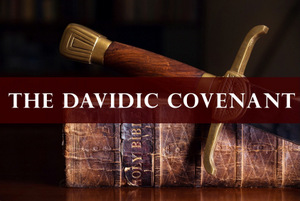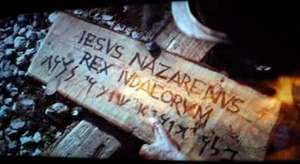The book of Deuteronomy begins with these words:
Deuteronomy 1:1-4
These are the words which Moses spoke to all Israel across the Jordan in the wilderness, in the Arabah opposite Suph, between Paran and Tophel and Laban and Hazeroth and Dizahab. It is eleven days' journey from Horeb by the way of Mount Seir to Kadesh-barnea. In the fortieth year, on the first day of the eleventh month, Moses spoke to the children of Israel, according to all that the LORD had commanded him to give to them, after he had defeated Sihon the king of the Amorites, who lived in Heshbon, and Og the king of Bashan, who lived in Ashtaroth and Edrei.
The name "Deuteronomy" comes to modern English readers from the Septuagint and the Greek name for this book of the Bible: deuteronomion. The American Heritage Dictionary provides the following definition:
Deuteronomy
A book of the Bible.
[Late Latin deuteronomium, from Greek deuteronomion, a second law (from (to) deuteronomion (touto), Septuagint mistranslation of Hebrew misne hattora hazzo't, a copy of this law) : deuteros, second + nomos, law.]1
As the American Heritage Dictionary reveals, we do not find here a "second law" but a re-giving of the Law that was delivered at Mt. Sinai (which is also called Mt. Horev). Moshe makes this clear in chapter 5:



